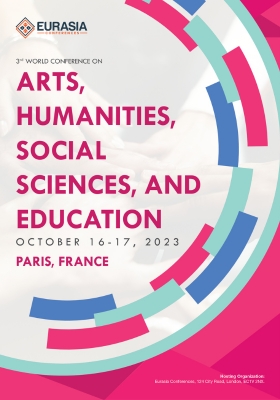
Clarissa Myrick-Harris
The Atlanta Student Movement (ASM) was a critically important manifestation of the organized student activism that emerged on campuses of Historically Black Colleges and Universities (HBCUs) in the United States during the Civil Rights Movement in the1960s. The ASM was comprised of African American undergraduate and graduate students from the HBCUs of the Atlanta University Center (AUC): Clark, Morehouse, Spelman, and Morris Brown colleges, along with Atlanta University and the Interdenominational Theological Center (ITC). During an intense period in the early 1960s, these determined young Black activists: 1) helped set goals, direction, and strategies in the quest for social justice in America that resulted in tangible victories; 2) influenced the outcome of the 1960 U.S. Presidential Election; and 3) began to define the fight against racism and inequality as a global/local struggle for human rights of all oppressed people, especially those of African descent.
A major catalyst for the transformation of a critical mass of students who became leaders and foot soldiers in the ASM was their study abroad experiences in Europe—especially Paris—in the late 1950s and early 1960s. This opportunity was provided through the largess of Morehouse College Board of Trustees member Charles R. Merrill, Jr. (son of the Merrill Lynch co-founder), who established the study abroad scholarship program for AUC students to study in Europe for a full academic year.
Especially in Paris, the students said, they were treated with respect, as human beings, as equal to whites—not less than human, as they were treated in the States. Their experiences in the City of Lights made it impossible for them to return to the status quo of systemic racism and segregation in the United States. The late Roslyn Pope, who became the primary author of the ASM manifesto, An Appeal for Human Rights once said: “Paris Changed my Life…. I came back ready to fight and to change things….” Like Pope, scores of other Atlanta University Center students returned from Paris to their campuses inspired and determined to disrupt and dismantle the system of racial segregation and inequality.
This paper recounts details of study abroad experiences in Paris, France, shared by veterans of the ASM through oral history interviews, biographies, and autobiographies. Moreover, in the paper, I explore how and why their experiences in Paris helped transform them from Negro students, who had been oppressed by segregation and systemic racism in the United States all their lives, into bold Black activists who demanded immediate freedom, equality, and justice.